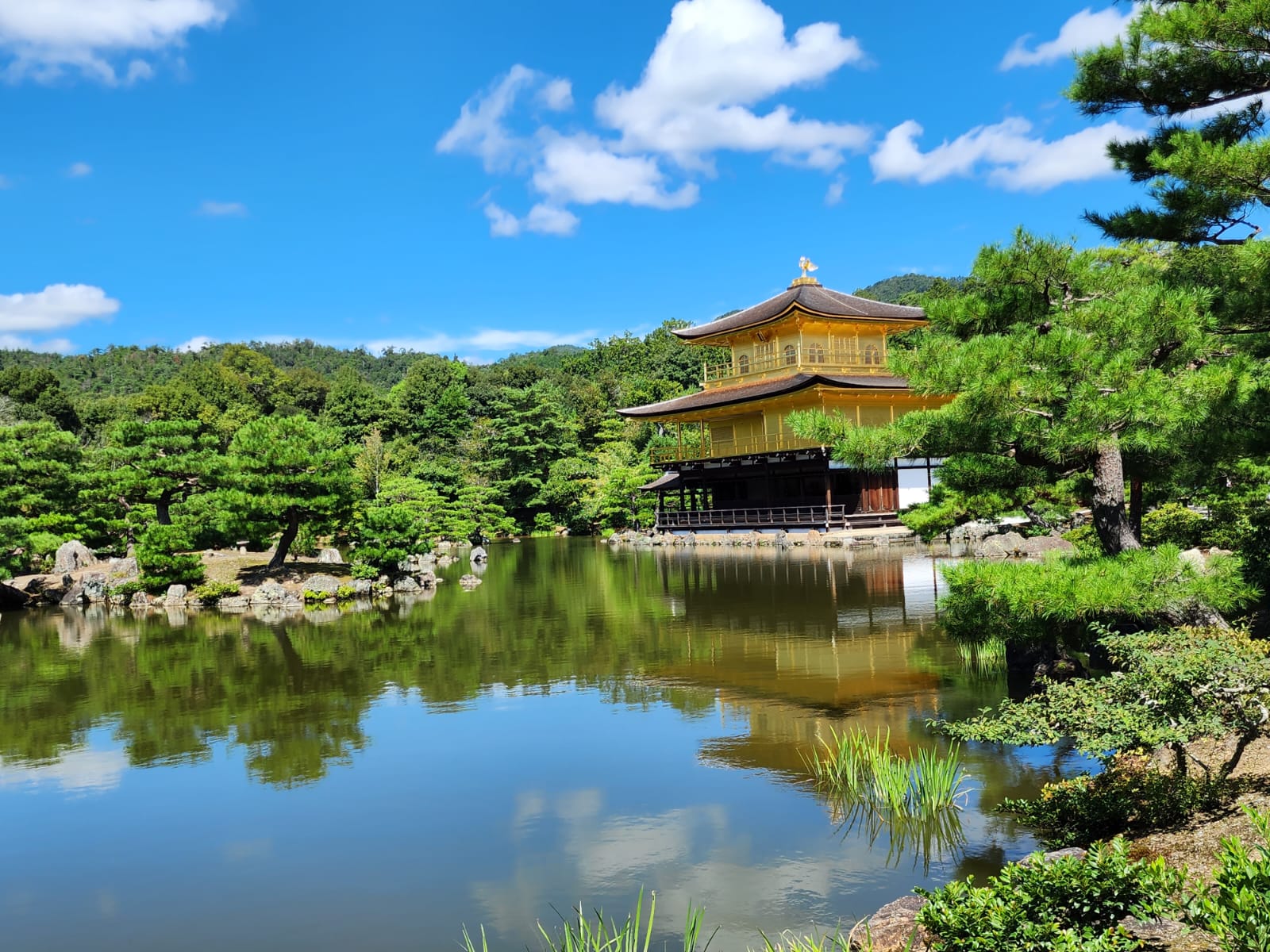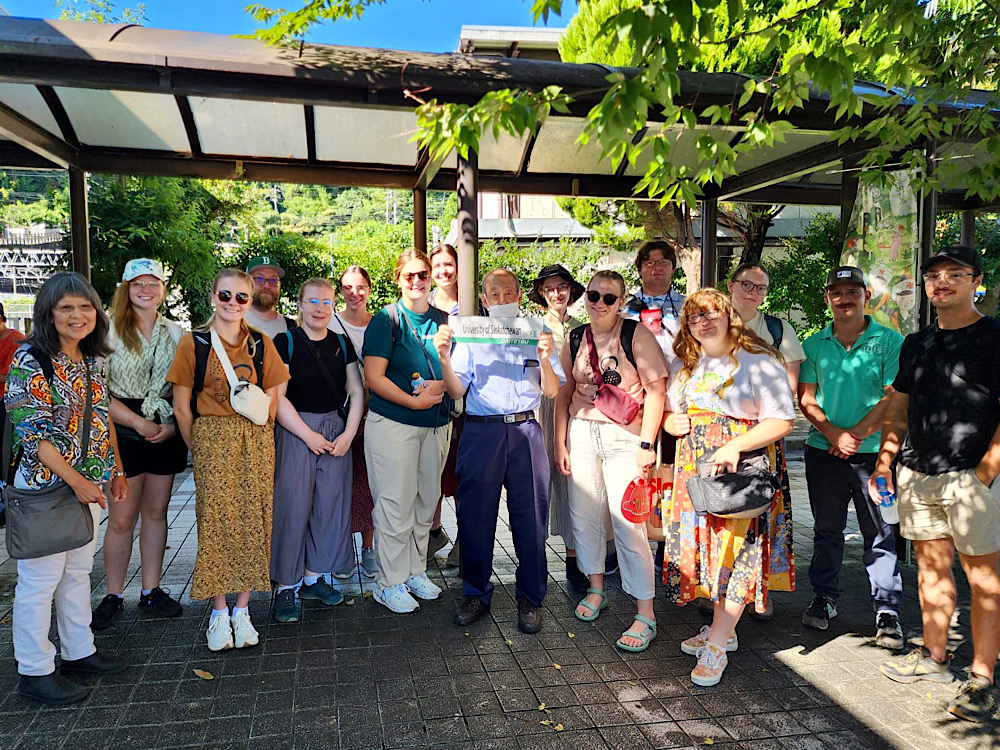
USask students gain global perspectives in Japan horticulture field course
The AGRC 311 Northeastern Japan Horticulture Study Tour provides students with a once in a lifetime experiential, engaged learning opportunity.
By Brett MakulowichThe AGRC 311 Northeastern Japan Horticulture Study Tour is offered by the College of Agriculture and Bioresources (AgBio) at the University of Saskatchewan (USask). The course is taught by Dr. Karen Tanino (PhD), professor in the USask Department of Plant Sciences. Tanino led the group of 14 AgBio undergraduate students to Japan in summer 2023.
“For students studying horticulture science in the prairies in which we are surrounded by large scale agriculture, it is important to show them what horticulture is, and what it means in countries and regions where it represents the largest proportion of the agriculture gross domestic product,” said Tanino.
During the 18-day trip, students were introduced to Japanese horticultural and cultural practises. This included studying the horticulture value chain across various sectors such as fruit, ornamental, vegetable, and greenhouse production. Students received a first-hand experience of horticulture agronomy, breeding, processing, and packaging.
Sarah Demers, a third-year horticulture science student who is minoring in soil science, participated in the field course.
“We participated in several hands-on cultural activities, my favorite being the tea ceremony in Shizuoka and the tear-weaving class in Iwate, which is a traditional art form of weaving with repurposed, torn fabric and a big loom,” said Demers. “These activities provided me with a different kind of learning experience that I've never had before in a university course and connected us a little bit more to Japanese culture.”
“The best moment of the trip was seeing the tea plantations on the mountainside in Shizuoka that I had written my term paper on for the course, as well as trying various tree fruits and apple products at Sun Farm in Iwate prefecture,” said Demers. “Seeing Mount Fuji from the top of the Tokyo Skytree building was also a highlight.”

For fourth year horticulture science student, Parker McKenzie, the Japan field course highlighted how horticulture practices compare between Saskatchewan and Japan.
“Many of the Japanese horticultural products don’t have a large bulk market and there is a high consumer standard when it comes to products, especially fruit and flowers,” said McKenzie. "At the same time, Japan is facing many of the same challenges North American producers are experiencing: the cost of labour, the cost of energy, and the necessity of adapting to a newly changing climate.”
The USask students visited Iwate University and Tokyo University during their time in Japan. At Tokyo University, the students attended the Asian Horticultural Congress, where they interacted with other students and gained global knowledge about the latest horticulture research.
“Immersing students in global perspectives is important to prepare them for future leadership roles,” said Tanino.
The field course received funding from a variety of sources. This includes Global Skills Opportunity (a national outbound student mobility program funded by Employment and Social Development Canada and administered jointly by Colleges and Institutes Canada and Universities Canada). It also received funding from the David Christensen Travel Fellowships Fund in AgBio, and from Global Engagement Scholarships provided by the USask International Student and Study Abroad Centre.
“The College of Agriculture and Bioresources is well positioned for international experiences and experiential hands-on learning, so don't be afraid to sign up for courses that offer these opportunities,” said Demers.
To learn more about studying horticulture science at USask, see this link. Applications for admission are open, apply now!
Together we will support and inspire students to succeed. We invite you to join by supporting current and future students' needs at USask.

